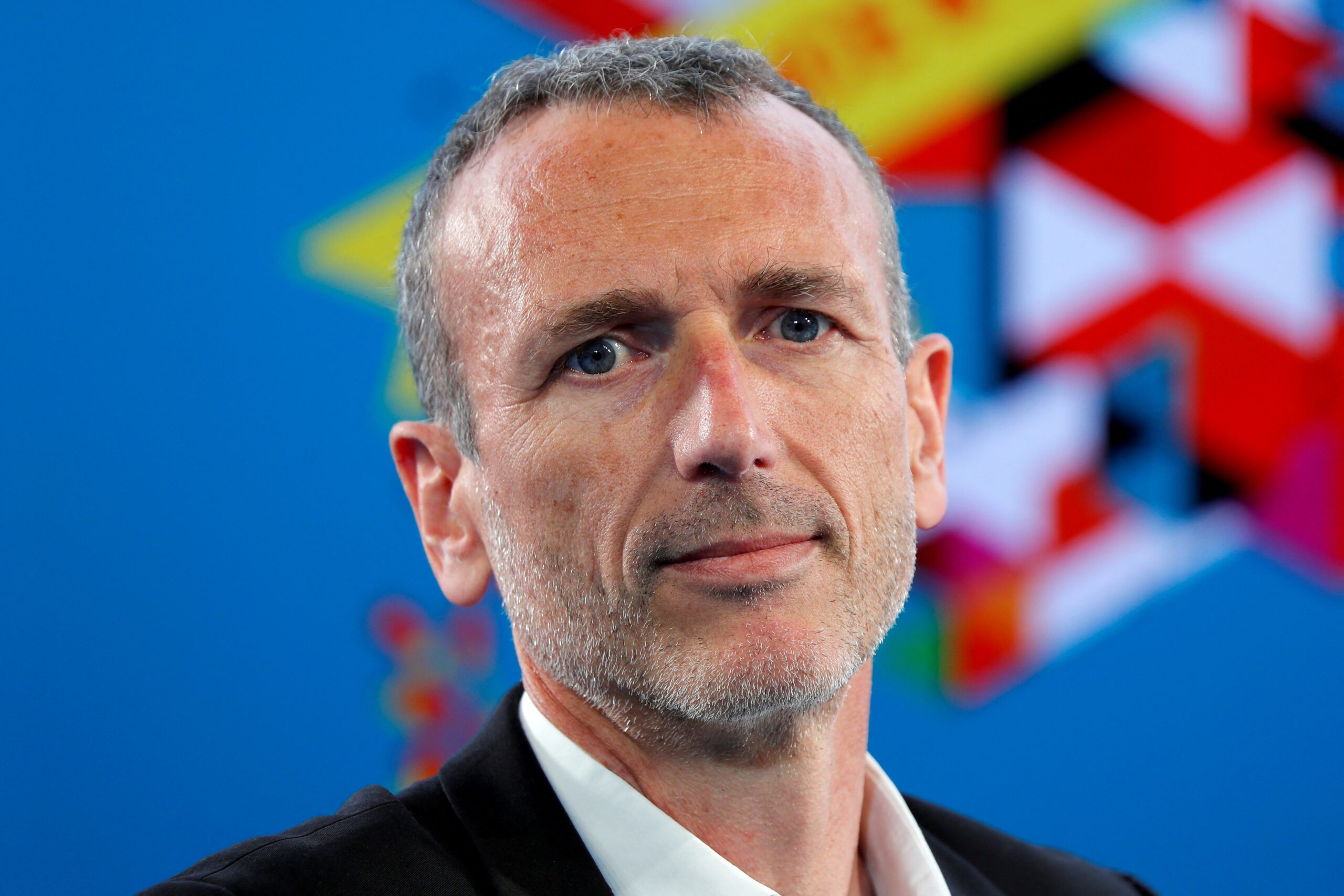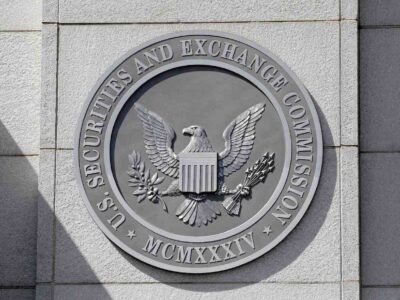LONDON (Reuters) – Companies in the United States and elsewhere will voluntarily use new global climate-related disclosures even if making them a mandatory requirement takes longer, the chair of a new standard setter said on Thursday.
The International Sustainability Standards Board was set up in November at the COP26 climate summit to try to give more coherence to disclosures from companies and stop potential “greenwashing” or inflated climate-friendly credentials.
ISSB chair Emmanuel Faber said the Frankfurt-based board’s first set of standards would be put to public consultation this month.
ISSB sister body, the International Accounting Standards Board, took over 20 years to persuade 140 countries one-by-one to make its norms mandatory.
“We don’t have 25 years to get there, we have a few years,” Faber told the London Business School, adding there was an alternative markets-directed pathway.
“If you look at the U.S., probably there will be a lot of adoption directly by market participants. They may well decide to adopt even without their home country being a formal adopter,” the former chair of French yoghurt maker Danone said.
The draft disclosures will focus on greenhouse gas emissions from a company itself, emissions related to a company’s energy use, and emissions from a company’s supply chain and products, such as cars.
The aim is to replace a patchwork of standards with a global baseline called for by investors for countries and regions to build on, if they want to.
For example, the European Union has introduced more ambitious “double materiality”, which measures a company’s impact on the environment and not just how climate change will affect a company’s bottom line.
Faber said that “politically driven noise” over double materiality needs to be “shut down” as it was not opposed to the global baseline approach ISSB is taking – just building on its common starting point.
The U.S. Securities and Exchange Commission also is due on March 21 to propose how companies can disclose the impact of climate change on their business.
“We expect that in the U.S. the SEC baseline it going to be compatible with where we will start with the global baseline, and then it will be up to local companies to voluntarily adopt the global standards,” Faber said.
The ISSB’s public consultation will last at least three months, with final adoption by year end.
(Reporting by Huw Jones; Editing by Alison Williams)





